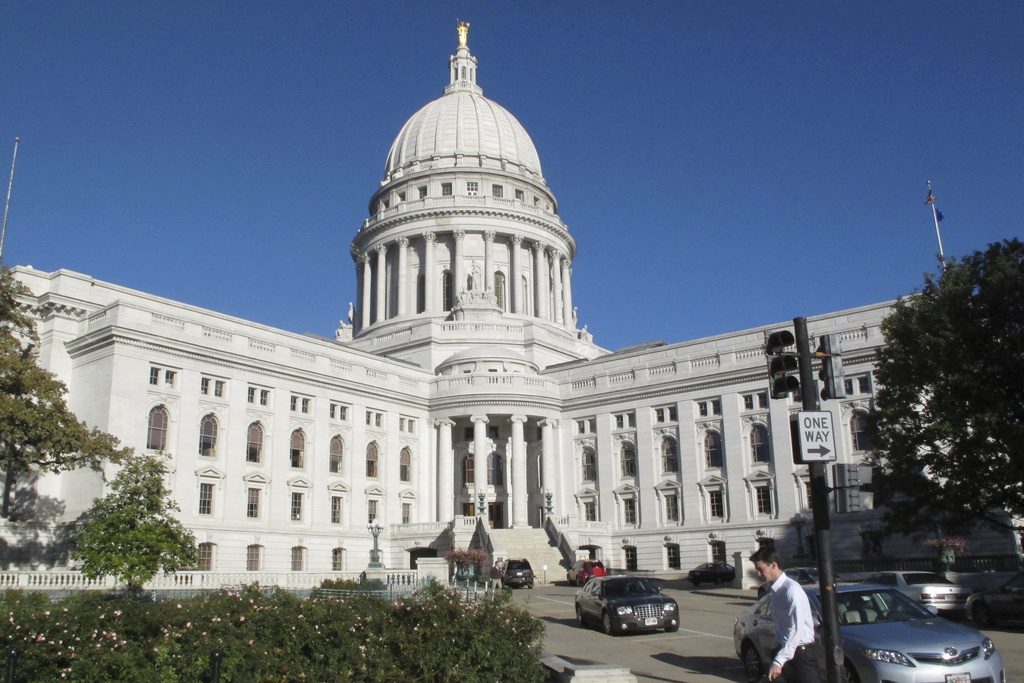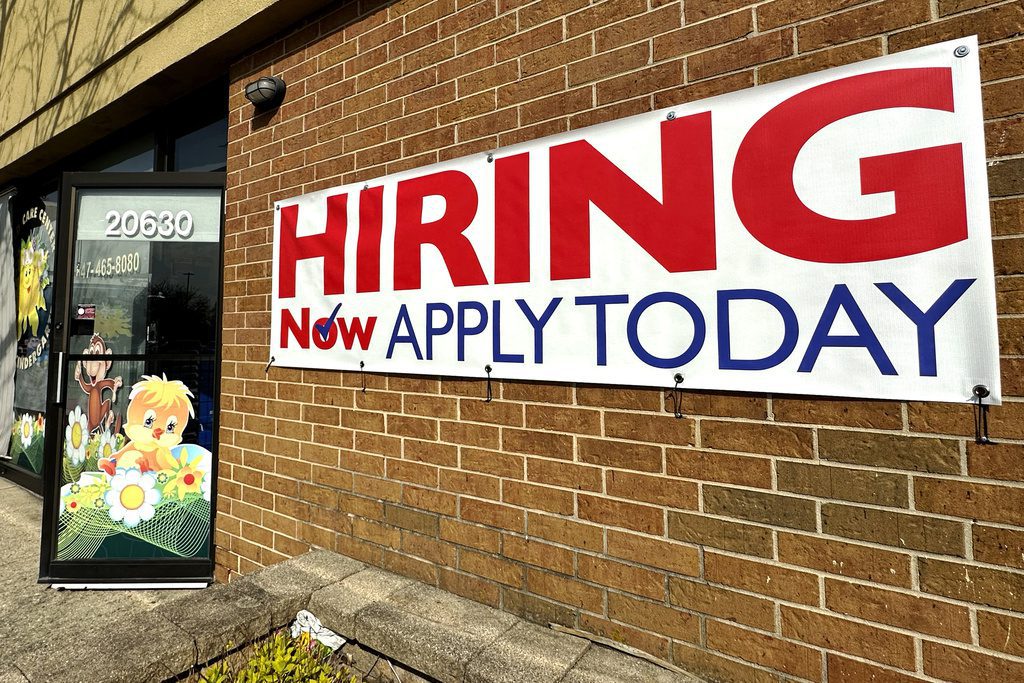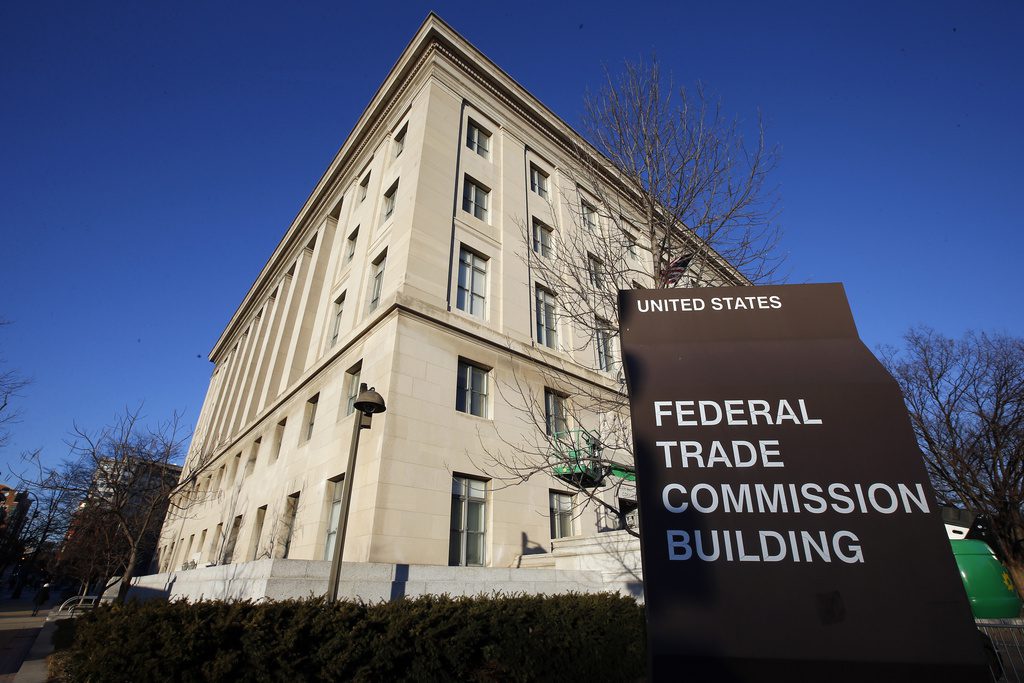
#image_title
#image_title
Wisconsin’s neighbors will caucus in under three weeks
Six candidates took the stage in Des Moines, Iowa, Tuesday night in the final Democratic presidential debate before Wisconsin’s neighbors kick off the 2020 caucus and primary season.
Not surprisingly for a high-stakes presidential debate, the focus of this CNN-Des Moine Register event was on the differences between candidates on global and national policies such as the United States’ relationships with China, Iran, and North Korea; climate crises; trade agreements; and health care proposals. While specifics of how these policies would affect Iowa, Wisconsin, or other states were not a major focus, each of the topics were nonetheless all quite “close to home.” Every one of these policies affects the economies and environments, and the lives, health, and well-being of the people of Wisconsin and every other state. President Trump’s trade war with China is deeply affecting farmers in Wisconsin, as but one example.
This debate was starkly different than those in 2019 for a number of reasons. Appearing on stage were former Vice President Joe Biden, former South Bend, Indiana Mayor Pete Buttigieg, Minnesota Senator Amy Klobuchar, Vermont Senator Bernie Sanders, businessman Tom Steyer, and Massachusetts Senator Elizabeth Warren.
The fact that there were fewer candidates left more time for moderators to plumb critical topics, for contenders to give in-depth answers, and, hopefully, for voters to draw sharper distinctions between candidates. It was as good an opportunity as has yet been presented to hear candidates talk in their own terms about real differences between those who, in pundit-speak, represents the progressive and the moderate lanes of the Democratic field, and between those “driving” in the same lane. And it was the most critical test yet of the presidential primaries: Less than three weeks out from the Iowa Caucuses on February 3rd, at least a few candidates know that depending on the outcome, they may be out of the running on February 4th.
Last night’s debate also represented the first time in history two women and an openly gay man have made it this far in a presidential contest. On the flip side, it was also the first debate this cycle for which no candidates of color qualified.
Not surprisingly, foreign policy dominated much of the first hour of the debate given rising tensions involving Iran and Iraq and the potential deployment of additional troops to the Middle East. Other critical questions included why candidates thought they were well-suited to be Commander-in-Chief; whether as president, each of these candidates would seek Congressional authorization before using force abroad; whether or not Medicare for All is a viable option for providing health care; how seriously candidates take the climate crisis and what they intend to do about it; and how trade is affecting jobs, climate, farmers, and the economy writ large.
When CNN moderator Wolf Blitzer asked candidates to say why they were best poised to become commander in chief, Biden, for example, referred to his role as Obama’s vice president, his long history of government experience, and the service of his son, Beau Biden, in Afghanistan. Sanders pointed to his opposition to the Iraq war, and his leadership role in passing the bipartisan War Powers Act Resolution to end the war in Yemen, later vetoed by Trump. And Warren pointed to her role on the Senate Armed Services Committee, the need to address threats of climate change and cyber security, and the need to address corruption in defense spending, including “the revolving door between the defense industry and the Department of Defense and the Pentagon.” On the issue of trade, Sanders noted his opposition to Trump’s new USMCA (explained here), while Warren and Buttigieg both expressed conditional support.
No debate can cover every topic of import. Still, it is notable that missing from this debate were a number of critical and timely issues, including the spread of voter suppression efforts by the GOP; what Democrats will do to address the filling of courts with right-wing ideologues; how technology is affecting democracy and the spread of disinformation; where candidates stand on immigration and refugees; the growth of white nationalism and white terrorism as a threat to personal and national security; growing inequality; and racial justice, to name just a few. Many of these very issues, from voter suppression and the courts to the spread of disinformation, to growing inequality and racial injustice directly affect Wisconsinites.
In the coming days, look to UpNorthNews for further analysis on how several of the issues addressed in the debate relate to life in Wisconsin.
Politics

Biden makes 4 million more workers eligible for overtime pay
The Biden administration announced a new rule Tuesday to expand overtime pay for around 4 million lower-paid salaried employees nationwide. The...

Biden administration bans noncompete clauses for workers
The Federal Trade Commission (FTC) voted on Tuesday to ban noncompete agreements—those pesky clauses that employers often force their workers to...
Local News

Readers Poll: Top Bowling Alleys in Wisconsin
Looking for the best bowling in Wisconsin? Look no further! Our readers have spoken in our recent poll, and we have the inside scoop on the top...

8 Wisconsin restaurants Top Chef judges are raving about
Top Chef’s 21st season is all about Wisconsin, and on-screen, it’s already apparent that the judges feel right at home here. But, while filming in...




